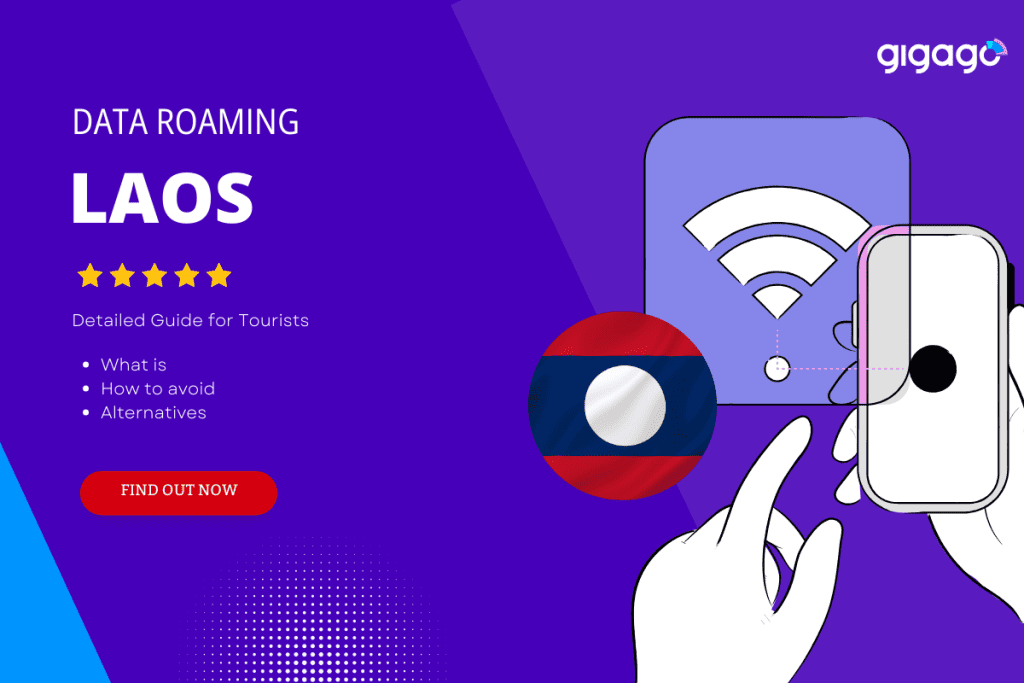Games of chance has been interwoven with human culture for a very long time, evolving from simple community games to a multifaceted industry that spans the globe. This report explores a comprehensive overview of gaming, looking into its background and past, social influence, financial role, modern directions, and legal structures.
In the late 19th and early 20th centuries, gambling adopted new structures with the establishment of casinos and the legalization of betting in various regions. The introduction of the lottery as a means of raising public funds also gained traction during this era. Today, gambling covers a diverse set of practices including casino gaming, sports betting, online gambling, and lottery games.
 Conversely, Keluaran Togel Laos Tercepat gambling can lead to serious social issues, including compulsive behavior, debt, and criminal activity. The National Council on Problem Gambling claims that about roughly 1 to 2 percent of people struggles with gambling addiction. Individuals may develop compulsive behaviors, leading to relationship breakdowns and conflicts, which can burden public support structures.
Conversely, Keluaran Togel Laos Tercepat gambling can lead to serious social issues, including compulsive behavior, debt, and criminal activity. The National Council on Problem Gambling claims that about roughly 1 to 2 percent of people struggles with gambling addiction. Individuals may develop compulsive behaviors, leading to relationship breakdowns and conflicts, which can burden public support structures.
Historical Context
The roots of games of chance can be found in early societies. Historical evidence indicate that games of chance were common across civilizations like China, Greece, and Rome. The first documented bet is believed to be from as early as 2300 BC with the use of dice in China. As societies developed, so did gambling; it transitioned from informal settings to organized betting, lotteries, and sports betting.In the late 19th and early 20th centuries, gambling adopted new structures with the establishment of casinos and the legalization of betting in various regions. The introduction of the lottery as a means of raising public funds also gained traction during this era. Today, gambling covers a diverse set of practices including casino gaming, sports betting, online gambling, and lottery games.
Societal Impacts
Gambling has both mixed societal impacts. On one hand, it can serve as a source of entertainment and social interaction. Many people engage in gambling as a recreational activity, enjoying the thrill of chance and the potential to earn rewards. Additionally, gambling can strengthen community development through employment and government funding. Conversely, Keluaran Togel Laos Tercepat gambling can lead to serious social issues, including compulsive behavior, debt, and criminal activity. The National Council on Problem Gambling claims that about roughly 1 to 2 percent of people struggles with gambling addiction. Individuals may develop compulsive behaviors, leading to relationship breakdowns and conflicts, which can burden public support structures.
Conversely, Keluaran Togel Laos Tercepat gambling can lead to serious social issues, including compulsive behavior, debt, and criminal activity. The National Council on Problem Gambling claims that about roughly 1 to 2 percent of people struggles with gambling addiction. Individuals may develop compulsive behaviors, leading to relationship breakdowns and conflicts, which can burden public support structures.
